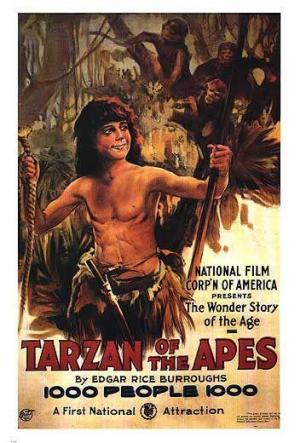THE MYTH OF THE NOBLE/GOOD SAVAGE
 |
| Painting of a representation of the noble/good savage by George Catlin |
⋆The noble savage is a common romanticized stereotype of various indigenous peoples. The visual trappings and associations change depending on the culture, but the underlying idea is constant:
The noble savage is portrayed as ignorant and simple-minded but simultaneously uncorrupted by any of the moral failings of modern civilization and possessing an innate wisdom and connection to nature.
A literary stock character who embodies the concept of outsider, indigene,wild human, an "other" who has not been "corrupted" by civilization, who symbolizes humanity's innate goodness.
Thus, there is often a paradoxical quality to the way the stereotype is presented
 |
| neoclassical history painting, depicting an idealized Native American |
An ultra-romanticized version of the trope often forms the basis for "state of nature" political theories, Marxist and anarcho-primitivist writings (such as those of philosopher John Zerzan),
It was with the discoveries (15th century) that this belief took on a new dimension.
If Christopher columbus at the creation of the figure of the "good savage" When he landed in Shouth America ,he discovered a hunter gatherer people cultivating their plots of land hunting, eating plants.
Description of peaceful and innocent people: " They walk naked with nothing to cover them . they are not more concerned with covering or not covering intimate parts than with showing the face. they are very innocent in this regard. "
Rousseau, in the 18th century, was probably the one who delivered the most accomplished and famous notion of man in the state of nature, taken up by all his contemporary philosophers (Locke, Hume...). Unlike the travel accounts of the 16th century, based on the discovery of the Amerindian peoples, Rousseau gave no historical credit to the myth of the good savage: he never existed, but he was a necessary postulate to understand the present civilization. In his speech on The Origin of Inequalities Among Men, Rousseau develops a metaphor on the state of nature, a precivilizational state, the happiest period for men, now lost forever.
From this fairly broad framework, all kinds of variations were possible: from Montaigne to Diderot, via Rousseau, but also Burroughs, Defoe and Kipling, philosophers, writers, sociologists and filmmakers wanted to stage this fiction. Over the centuries, the myth of the good savage has served as a lever to criticize the injustices, absurdities and failings of our civilized societies.
The myth of the good savage through Tarzan, Mowgli :
 |
| Tarzan of the Apes,1918 |
In Burroughs' original novel, Tarzan, after living in the world of civilized men, decides to return to the state of nature.
Just as Kipling does in The Jungle Book, a society, namely animal society, is put forward in the face of our human civilization: the laws of the jungle, whether Tarzan or Mowgli, are harsh, but fair. The man who grows up in this environment is quick to remain good and moral.
 |
| Utopia and the Noble Savage in Disney's Tarzan |
If Robinson Crusoe is not raised by animals, just like Tarzan and Mowgli, he is not missing anything when he is shipwrecked on a desert island, he is satisfied with this simple life in osmosis with nature. He misses human company, but he befriends Friday, a native of the island. However, Defoe's version is now quite controversial, because there is an ethnocentric adventurer in Robinson's character who is trying to impose his beliefs and civilization. The cartoon released offers a more watered-down version of the 18th century novel and highlights the friendship between Robinson Crusoe and the animals of the jungle.
This first post is very well designed and extremely promising. Congrats!
ReplyDeleteAURELIA
ReplyDeleteBLOG POST 1: The MYTH of the NOBLE/GOOD SAVAGE
--> CONTENT (Questions 1 & 3): 10/10
--> FORM (Question 2, including post design, layout and pictures + language): 10/10
- 2 PENALTY for not introducing your blog post orally in class
Total: 18/20 An outstanding debut! Keep up the serious work, Aurelia… but you will have to overcome your fears when it comes to speaking in front of the class This is absolutely necessary in order to improve your oral skills. No practice = No progress…